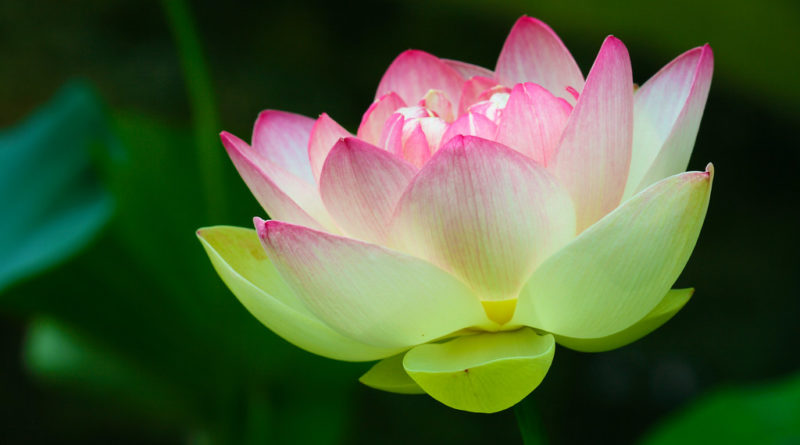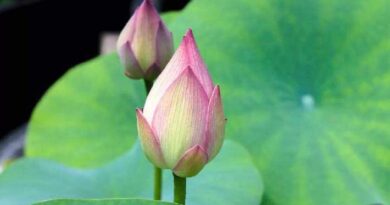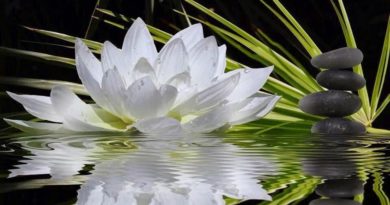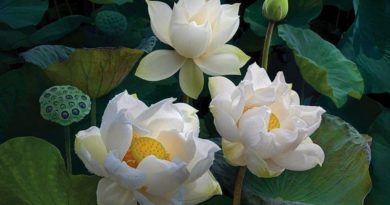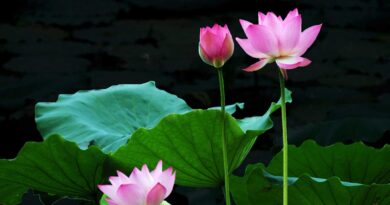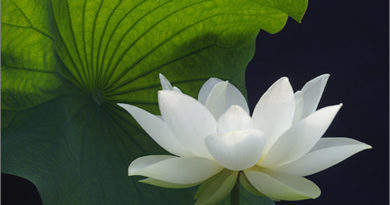2. Dukanipāta 1. Kammakaraṇavaggo
Aṅguttara Nikāya
2. Dukanipāta
1. Kammakaraṇavaggo
1. Vajjasuttaṃ –– The blameable
I heard thus. At one time the Blessed One was living in the monastery offered by Anatapindika in Jeta’s grove in Sāvatthi and the Blessed One addressed the bhikkhus: “Bhikkhus, there are two blameables such as the blameable here and now and the blameable here after. What is the blameable here and now? Bhikkhus, a certain person sees a robber or an evil doer, caught and brought before the king and the king meting him punishment. He causes to whip him, with the whip, jungle rope or the soiled stick. Causes to cut his major and minor limbs. Causes to put him in the gruel pot, clip his hair, to put him in darkness, to garland him with blazing garlands, to burn his hands with a torch, to punish with the bark dress, to make him like the antelope, to put fish hooks in his body, to pull out pieces of flesh from the body the size of coins, or chase him to alkaline water. Or with a spike driven from one ear to the other he is fixed to the ground to spin. Or to beat him until his body is as soft as straw, or to throw into boiling oil, or to give him to the dogs to be eaten alive, or he is raised on a spike until life lasts or the neck is cut with a sword.
Then it occurs to him, as this robber, this evil doer is punished, so I too will be punished by whipping … re … or cutting off the neck with a sword. He frightened of the blameable here and now does no robbery or evil actions.
Bhikkhus, what is blameable here after? A certain one reflects, one misconducting bodily will have evil results here after, one misconducting verbally will have evil results here after and one misconducting mentally will have evil results here after and if I misconduct myself by body, speech and mind, I will indeed be born in loss, in decrease, in hell after death.
He frightened of the blameable here after gives up bodily misconduct, pursues bodily good conduct gives up verbal misconduct, pursues verbal good conduct gives up mental misconduct, pursues mental good conduct Bhikkhus, this is the blameable here after. These two are the blameables and you should train. We should be frightened of the blameable here and now and the blameable here after, we will be free from all blames. This is the first.
2. Padhānasuttaṃ Striving.
Bhikkhus, there are two kinds of striving, which are attained with difficulty. What are they? Striving of a lay person living in a household to supply robes, morsel food, medicinal requisites and dwellings and a homeless one striving to give up all endearments. Bhikkhus, of these two a homeless one striving to give up all endearments is more noble. Therefore bhikkhus, you should strive to give up all endearments.
3. Tapanīyasutaṃ Remorse
Bhikkhus, these two things are remorseful. What two? It is bodily misconduct and not developing the correct bodily conduct, verbal misconduct and not developing the correct verbal conduct, mental misconduct and not developing the correct mental conduct. Then someone repents I have misconducted bodily, have not developed the correct bodily conduct. I have misconducted verbally, have not developed the correct verbal conduct. I have misconducted mentally, have not developed the correct mental conduct. Bhikkhus, these two are remorseful. This is the third.
4. Atapanīyasuttaṃ Not remorseful
Bhikkhus, these two things are not remorseful. What two? A certain one develops good bodily conduct and abstains from incorrect bodily conduct, develops good verbal conduct and abstains from incorrect verbal conduct, develops good mental conduct and abstains from incorrect mental conduct. He does not repent, I have misconducted bodily, have not developed the correct bodily conduct. He does not repent I have misconducted verbally, have not developed the correct verbal conduct. He does not repent I have misconducted mentally, have not developed the correct mental conduct. Bhikkhus, these two are not remorseful. This is the fourth.
5. Upaññātasuttaṃ –– Needs acquiring knowledge.
Bhikkhus, you should acquire knowledge in these two things. Such as dissatisfaction in meritorious thoughts and the non hindering exertion in meritorious thoughts. Bhikkhus, such was my exertion in meritorious thoughts. If it is so, may my skin, veins and bones remain. May the whole body dry up with flesh and blood. Without attaining what has to be attained with manly strength, effort and vigour I will not give up effort. Bhikkhus, then I quickly attained enlightenment and the end of unpleasantness.
Bhikkhus, you too should exert in meritorious thoughts. If it is so, may my skin, veins and bones remain. May the whole body dry up with flesh and blood. Without attaining what has to be attained with manly strength, effort and vigour I will not give up effort. Bhikkhus, if you do so, you too before long will attain the noble end of the holy life, for which sons of clansmen rightfully leave the household and become homeless. You will realize it here and now and abide in it.
Therefore bhikkhus, you should train. If it is so, may my skin, veins and bones remain. May the whole body dry up with flesh and blood. Without attaining what has to be attained with manly strength, effort and vigour I will not give up effort. This is the fifth.
6. Samyojanasuttaṃ Bonds.
Bhikkhus, there are two thoughts. What two? Taking pleasure in binding thoughts and penetratingly seeing binding thoughts. Bhikkhus, those who enjoy binding thoughts do not dispel greed, do not dispel anger and do not dispel delusion. They are not released from birth, decay, death, grief, lament and displeasure. I say they are not released from unpleasantness.
Bhikkhus, those who see binding thoughts penetratingly dispel greed, dispel anger and dispel delusion. They are released from birth, decay, death, grief, lament and displeasure. I say they are released from unpleasantness. Bhikkhus, these are the two thoughts. This is the sixth.
7. Kaṇṇasuttaṃ –– Vile things
Bhikkhus, there are two vile things. What two? They are no shame and no regret. Bhikkhus these two things are vile.
8. Sukkasuttaṃ –– Morally good things
Bhikkhus, there are two morally good things. What two? They are shame and regret. Bhikkhus these two things are morally good.
9. Cariyasutaṃ. -Good manners.
Bhikkhus, these two morally good things protect the world. What two? Shame and regret. Bhikkhus, if these two morally good things did not protect the world, people would not know the mother or the stepmother or the aunt, or the teacher’s wife, as the teacher’s wife. There is a difference in the world unlike among goats, fowl, pigs, dogs, and foxes. Since these two morally good things protect the world, people know the mother, the stepmother, the aunt, or the teacher’s wife as the teacher’s wife. This is the nineth.
10. Vassūpanāyikasuttaṃ –– Observing the rains
Bhikkhus, there are two ways of observing the rains. Observing the rains at the right time and observing it later on. These are the two ways of observing the rains. This is the tenth.

